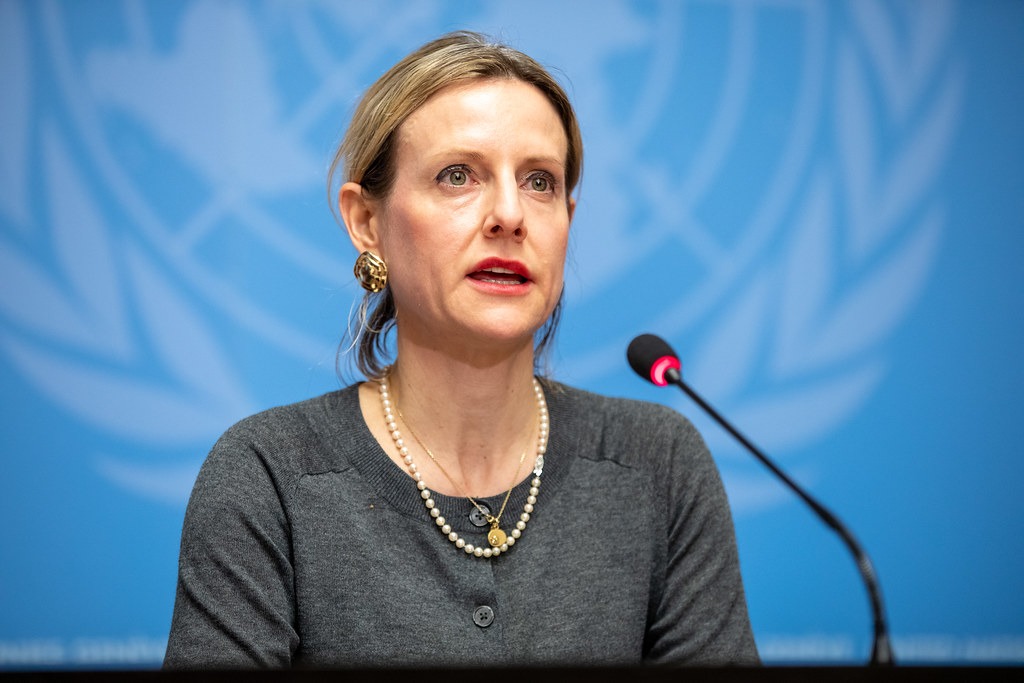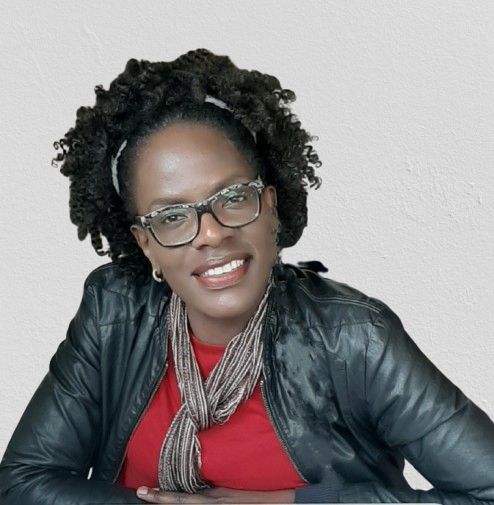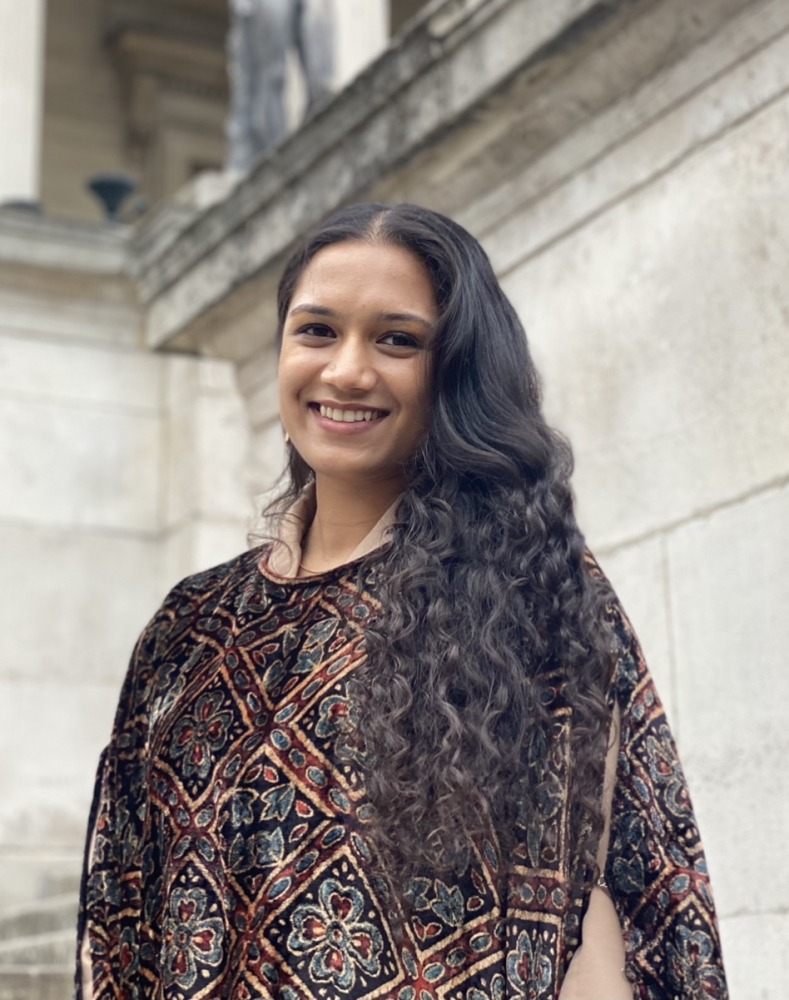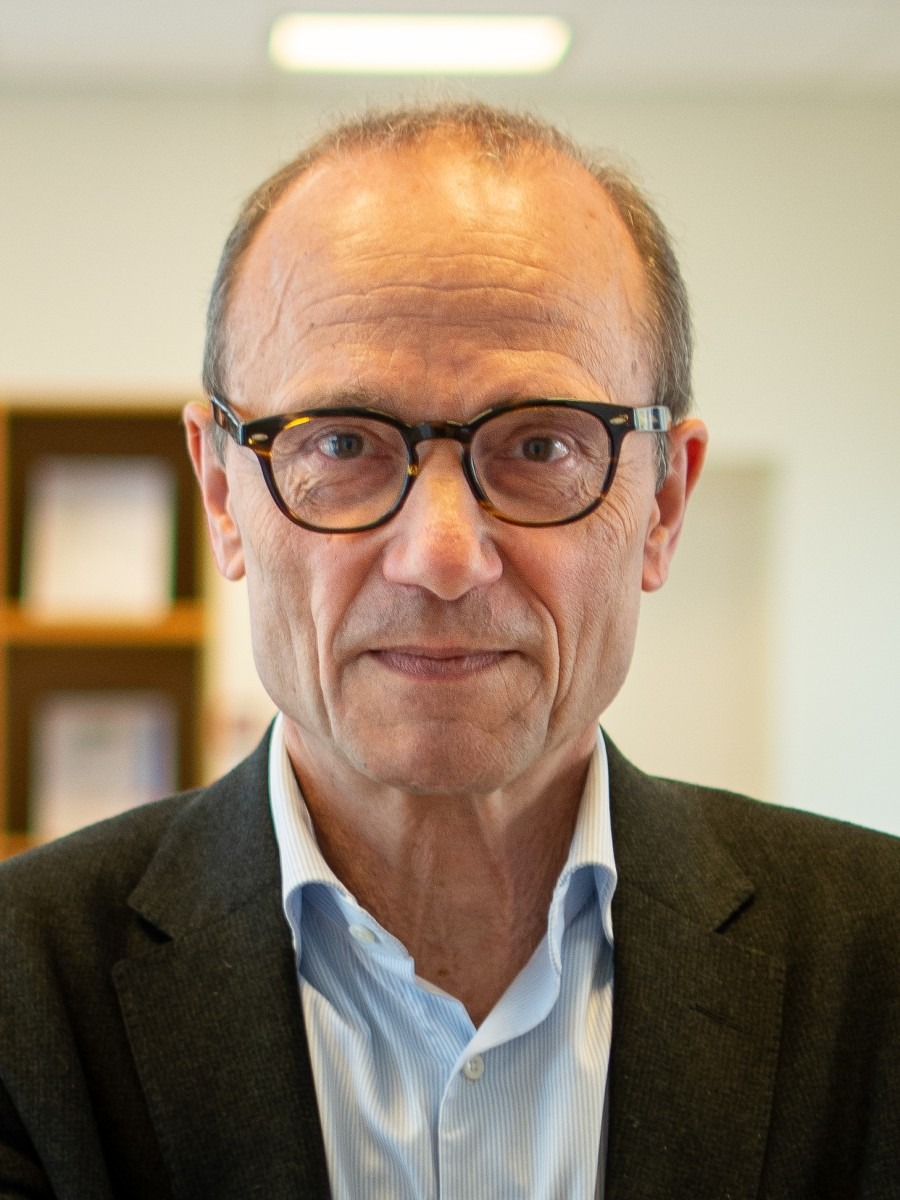Member of the Indian Administrative Service
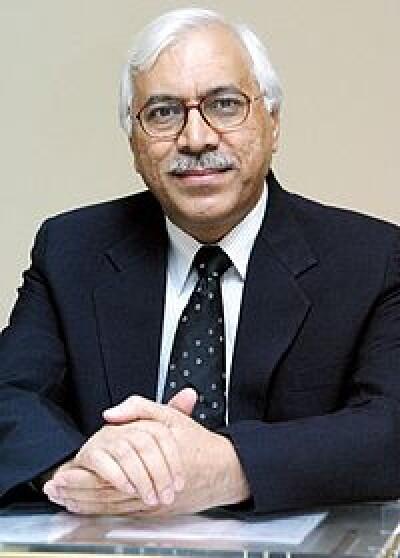
Dr. Shahabuddin Yaqoob Quraishi
Author, Former Chief Election Commissioner |India
Short Bio:
Dr. Shahabuddin Yaqoob Quraishi, a distinguished member of the Indian Administrative Service since 1971, served as the seventeenth Chief Election Commissioner of India. During his tenure, he spearheaded several significant electoral reforms, including the establishment of the voter education division, the expenditure monitoring division, and the India International Institute of Democracy and Election Management. He also launched National Voters Day. In recognition of his contributions, he was appointed Ambassador of Democracy by the International IDEA, Stockholm, alongside Kofi Annan in October 2017. He is the author of An Undocumented Wonder: The Making of the Great Indian Election (2014) and the editor of The Great March of Democracy: Seven Decades of India’s Elections (2019).
Event: SDGs Conference 2024 | Date: Sept 25, 2024 |
SPEECH
I am participating in the SDGs Conference 2024 as the Former Chief Election Commissioner. Still, I thought that since I am involved in this session with the company of journalists, it is important that I disclose my long association with the media as the Head of the National Television Network, as I also have a PhD in Communication Programs. When I was in the election commission, I was particularly conscious of the role of the media including the positive and the negative aspects. Usually, the relationship between election commissions and the media is a hostility based on flaws. However, this situation has positive sides as well for the well-being of the communities.
We had sent 75,000 video teams around the country to monitor the elections and document the malpractices taking place, to ensure accountability if the media is showing the public the same perspectives. We should see media organizations as our allies and declare that whatever we see on television is an official aspect from our side. Since we work in transparency, we have a great relationship with the media; however, currently, in the age of the social media explosion and artificial intelligence, conceptions have changed drastically, and we have to find new solutions. Since artificial intelligence has an impact on elections, it has the potential to both enhance and also misuse and interfere with the fairness of free elections.
First of all, it can assist us in verifying voter identity. We have been using all kinds of software to identify duplicate voters but despite our consistent actions, millions of voters are mentioned in different elector regions of the country. Nowadays, with the help of biometrics, we can ensure that voter registrations are accurate and that duplicate entries are eliminated. We also have to monitor irregular voting patterns like unusual spikes and results. We documented many times that there may be incidents while one part of the village community is actively voting, there is no participation from other regions. These kinds of situations may indicate arbitrary measures like bribing or discouraging citizens through forcible means not to participate in the elections. Artificial intelligence can alert us promptly so that authorities can take action. Monitoring social media and other digital platforms for misinformation campaigns is the most critical working area that we concentrate on. Even though we do not have a working resolution to address these challenges, yet I am sure we will soon progress to meaningfully mitigate these negative aspects.
According to electoral laws of India, influencing voters through misinformation threads is both an electoral and a criminal offense. Therefore, we have to take it very seriously. AI can detect and label fake news or malicious content, which is very difficult for humans to document. Minimizing human bias to draw electoral districts is also challenging due to the influence of a widely known aspect of gerrymandering manipulating the regional boundaries to intervene in the election results. So technology will assist us to bifurcate constituencies accordingly to ensure election fairness. Such challenges occur in many countries. However, having an election in India refers to conducting such democratic engagement in 90 countries of the world. Therefore, as an observer of many other countries, we have seen such electoral barriers taking place elsewhere. Considering any other possible irregularities, AI can flag suspicious activities so that we can analyze social media news outlets, track public statements, and identify misinformation campaigns based on biased narratives.
I have underlined the positive contributions of artificial intelligence but there are also rising threats brought by algorithmic bias disqualifying certain voters because facial recognition programs can be altered in a way that fails to identify the individuals, particularly in downtrodden or religious communities due to the regulated technology. As all these sorts of manipulations are possible through generating deepfakes or automated bots that also spread propaganda and misinformation influencing public opinion, these barriers affect the purity of the election. AI could be used to identify certain voting demographics and create barriers to participation by creating realistic fake videos or audio recordings. Media unions working on trustworthy news assist us in identifying such violations so that we can take swift action.
What are the safeguards in this arena? First of all, algorithms should be transparent and subject to audits by independent bodies to ensure that they are functioning without bias and are not being misused. Data accuracy and district data privacy laws should be involved to prevent the misuse of data for micro-targeting or manipulation. There must be clear ethical guidelines. Threats impacting citizens` right to access public information must be analyzed. What are the possibilities to ensure that voters can access accurate information? Regardless of all the challenges, I still think that the check and balance systems to ensure accountability will also be provided to us through artificial intelligence.

